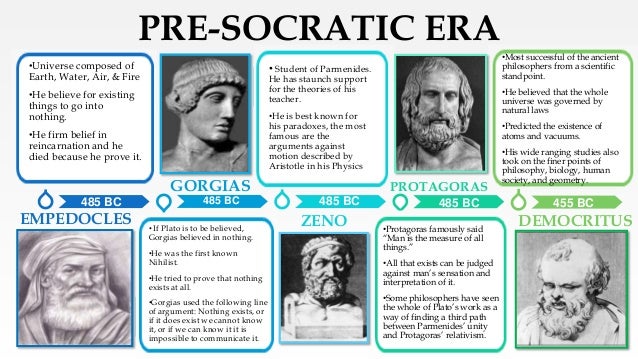Note: All posts are interconnected, so you are requested to read the previous posts before reading this post.
Plato’s philosophy, like Socrates, was not easy to
digest for many of their times. Even Plato’s students considered some of his
concepts too ‘idealistic.’ However, he profoundly influenced the early fathers
of the Church and, through that, the Christian Worldview. At that time, the
western world was imbued with the Christian Worldview that dominated the world for
over millennia. Plotinus, one of the most influential philosophers in ancient times
after Plato and Aristotle, founder of Neoplatonism, A philosophical and
religious system developed by the followers of Plotinus in the 3rd century A.D.,
and one of the Neo-Platonists[1],
gave a new height to Plato’s thought through his rationality and reasoning. After
that, a number of Plato’s doctrines, e.g., his doctrine of two worlds – the
ultimate reality of the Universe is not the world of senses which we perceive,
but the spirit, were easily and readily accepted in Christian theology largely
by way of St. Paul, Origen and St. Augustine. Accordingly, at that time, the
real purpose was considered as ‘salvation’ rather than achieving materialistic
things.
During the
entire span of the Middle ages, the philosophy widespread propagated by
Christianity was certainly anti-materialistic. It is not to say that, during
the Middle Ages, Western society was a biblical utopia, but there was a
profound influence of Christianity and its worldview of salvation. Initially,
Jewish adopted Christianity. Paul, one of the most influential philosophers in
antiquity after Plato and Aristotle, was considered the then ‘father of the Church’,
can be credited to spread Christianity by traveling all over Rome. In the
beginning, conservative Romans rejected Christianity, considering it a threat
to their religious system because they believed that the emperor protected
society.
On the contrary, the Christians believed that only
God protected everyone and everything. Consequently, they refused to worship
the then emperor. As a result, Romans started punishing them brutally. Roman
brandished Christians as heretics, and they had to face persecution and even
death for defying the ‘state God.’ Many were tortured brutally and even torn to
pieces by wild animals. But, the Christians faced persecution with such
confidence that the people forcibly began to think that their religion must be
true. Another reason for the acceptance of Christianity was its teaching
promised a better life (salvation) after death which the Roman religion could
never ensure. Slowly their numbers increased. In the fourth century A.D.,
Christianity became the state religion of the Rome Empire when the then Roman
emperor Constantine embraced it. The corruption, civil wars, etc., lured the
Barbarian tribes into attacking, which weakened the Rome Empire and
strengthened Christianity. The Christian monasteries – especially those started
by St. Benedict- made a deep impression on the minds of the barbarians, for
they could see for themselves that man could really have a blissful life after
renouncing all worldly pleasures. Gradually, the Barbarians ‘softened’, and
even their leaders were attracted to Christianity. Consequently, during the
early middle ages, the goodwill between the rulers and the Church deepened to
such an extent that the Church acquired an almost independent status governing
the spiritual life quite at par with the political state which governed the
secular life.
Thus, it would not be wrong to say that the
Christianity worldview during the Middle Ages prevailed in the Western world
for over a millennium. However, various internal confrontations within
Christianity with increased wealth and power shook people’s faith in
Christianity. But, the succession of intellectual shifts, solidified during the
14th and 15th centuries, are considered the main reasons for the demise of this
worldview. For example, the revival of Aristotelian, followers of Aristotle or
his teaching, work in the twelfth century, primarily based on deductive logic
and an inductive analytic method, attracted medieval thinkers to question some of the practices of the Church; One of the earliest thinkers, Peter
Abelard, set down one hundred and fifty-eight propositions in his book Sic et
non (translated as ‘Yes’ and ‘No’) through which he brought out the
contradictory nature of the church doctrine. He always focused on advocating the
supremacy of reason over faith: “A doctrine is believed, not because God has
said it, but because we are convinced by reason that it is so”. A number of
logical developments happened during the 15th
– 16th century. That era is known as the Renaissance. The next post briefly
describes the development during Renaissance.




